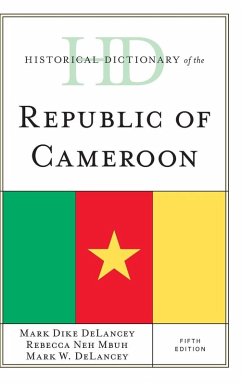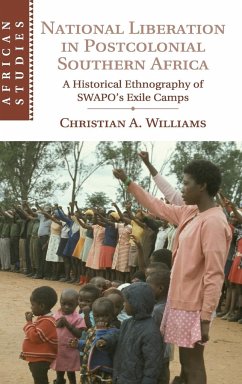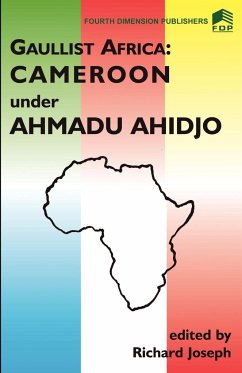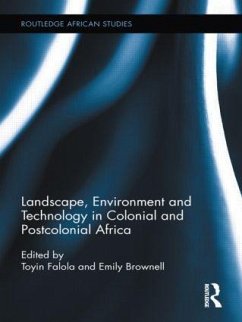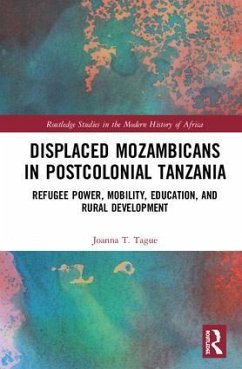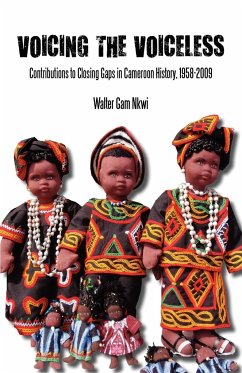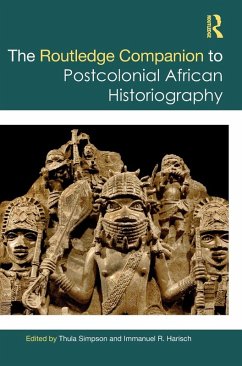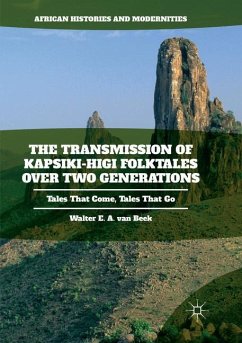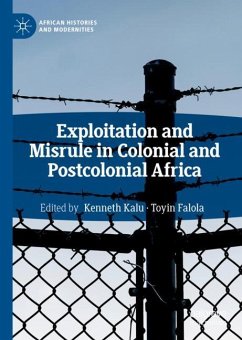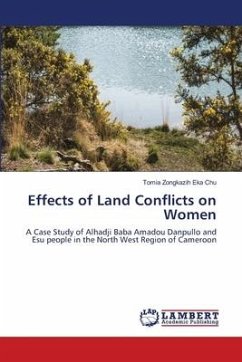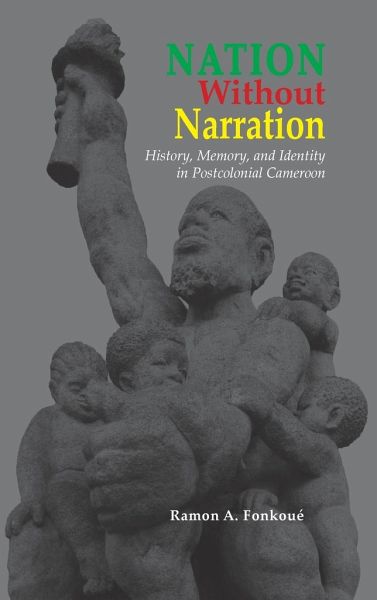
Nation Without Narration
History, Memory and Identity in Postcolonial Cameroon
Versandkostenfrei!
Versandfertig in 1-2 Wochen
91,99 €
inkl. MwSt.

PAYBACK Punkte
46 °P sammeln!
The 2010 decade marked the 50th anniversary of decolonization and independence across the African continent. Cameroonians celebrated in chorus and pomp the historical threshold, but the memory of Cameroon's historical resistance to colonial rule continues to remain unsettled. Cameroon's silence on its troubled recent past and the lack of reflection on the role of collective memory and history in nation building are puzzling. Moreover, there has not been any rigorous assessment of the road traveled since its independence. The nation-state on the continent emerged in a particular context, which ...
The 2010 decade marked the 50th anniversary of decolonization and independence across the African continent. Cameroonians celebrated in chorus and pomp the historical threshold, but the memory of Cameroon's historical resistance to colonial rule continues to remain unsettled. Cameroon's silence on its troubled recent past and the lack of reflection on the role of collective memory and history in nation building are puzzling. Moreover, there has not been any rigorous assessment of the road traveled since its independence. The nation-state on the continent emerged in a particular context, which saw the euphoria of independence dashed by "developmentalism," a conception of nation building that was repressive, both in the intellectual and the political sense. As a result, the elites of independent Cameroon negated the legacy of the struggles that led to the end of colonial occupation, setting the country on a forced march toward progress and modernity. The discourse, praxis and outcomes of this approach to nation building are the focus of this study. This book traces the roots of the current turmoil and sheds light on overlooked factors impacting nation building in post-colonial Cameroon. It demonstrates the urgency of cross-disciplinary work on African societies and the continued relevance of postcolonial criticism as a theoretical framework. It extends the postcolonial critique inaugurated by Homi Bhabha's Nation and Narration into twenty-first-century sub-Saharan Africa. It also reframes the question of modernity and development in this context, suggesting an approach with a bearing on people's lived experience. This interdisplinary study draws from a number of fields-political science, literature, history, cultural studies, and postcolonial studies-to demonstrate the limitations of a philosophy of nation building that turned into state consolidation. It is a timely study on Cameroon's current volatile situation that is applicable to other postcolonial contexts, in Africa and elsewhere.





